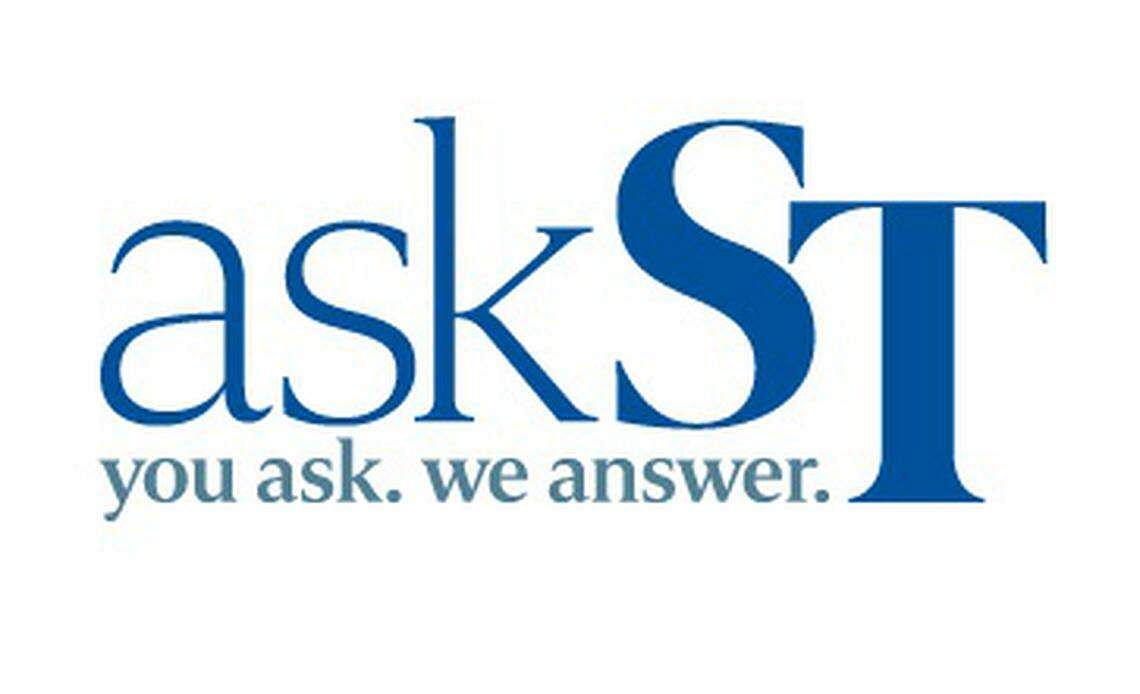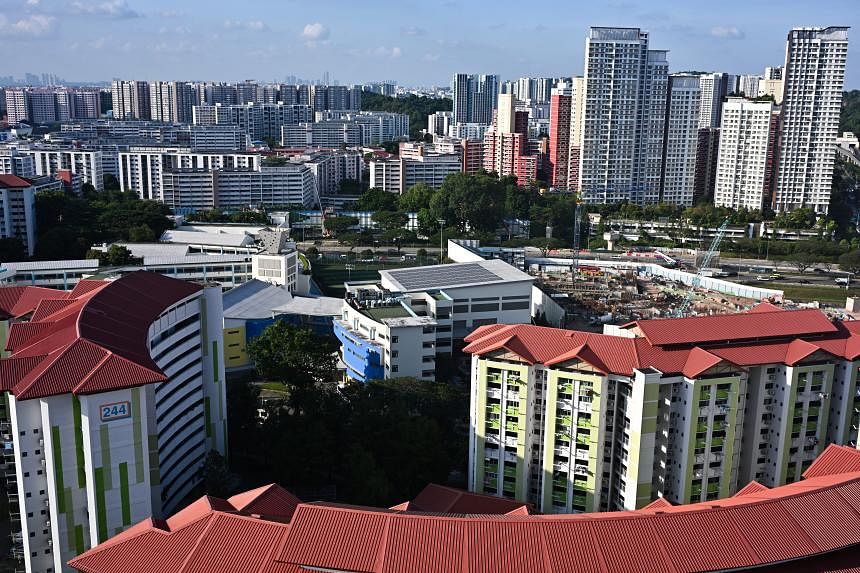SINGAPORE – For many home owners, Budget 2024 brought relief as the annual value (AV) bands for owner-occupied residential properties will be raised from Jan 1, 2025. As a result, this will likely help ease many home owners’ heavier property tax burden arising from rent increases since 2022.
A property’s AV is its estimated gross yearly rent if it were to be leased out, and is determined based on market rents of comparable properties and other factors. It is assessed for the purpose of property taxes.
For example, if a property has an estimated market rent of $2,500 per month, its AV will be $30,000 ($2,500 multiplied by 12 months).
From Jan 1, 2025, the lowest threshold of the AV will be raised from $8,000 to $12,000, and the highest band raised from over $100,000 to over $140,000. Corresponding adjustments will be made to the bands in between.
With the change, home owners can expect to pay the same or lower property taxes, the Ministry of Finance (MOF) said. This is assuming their property’s AV remains the same, and before factoring in any rebates.
The rationale behind the property-related policy adjustments is that many owner-occupiers did not benefit from rentals, yet had to pay higher taxes.
The Urban Redevelopment Authority’s rental index for all private residential properties saw a 35.3 per cent surge from the first quarter of 2022 to the fourth quarter of 2023, resulting in a jump in AVs, and affected a larger proportion of owners than originally intended.
Deputy Prime Minister Lawrence Wong, who is also Finance Minister, said: “In Budget 2022, a two-step increase in property tax rates for homes was announced, which was meant to impact mainly the top 7 per cent of owner-occupied residential properties.
“However, rents increased significantly from 2022, leading to a sharp rise in annual values and affected 13 per cent of owner-occupied properties as a result.”
The Straits Times looks at the property-related policy adjustments announced in Budget 2024 and what they mean for home owner-occupiers and property tax payers.
Q: How much of a drop in property taxes will owner-occupiers see in 2025?
A: Most owner-occupiers of properties with lower AVs such as some HDB flats stand to benefit the most with tax savings of up to 100 per cent from Jan 1, 2025.
On the other hand, high-value private homes with AVs of $250,000 and above will have lower tax savings.
Mid-tier private owner-occupied homes with AVs of between $50,000 and $100,000 will see property taxes fall between 31 per cent and 28 per cent, respectively, according to JLL.
Q: Why would the Government choose to raise the AV bands, rather than cut property tax rates directly?
A: As property tax is a form of wealth tax, adjusting AV bands instead of property tax rates directly allows the Government to distribute the tax burden more equitably among property owners, said Ms Chia Siew Chuin, JLL’s head of residential research for Singapore.
Adjusting property tax rates without considering the changes in AVs resulting from rent increases – which can arise from market dynamics and unique characteristics of different properties – can place an undue tax burden on owner-occupiers, she added.
The AV affects the property tax liability of its owner, as property tax is calculated by multiplying the property’s AV with the applicable property tax rate.
As rents increase, the AV of the property also rises, resulting in higher property taxes. For example, for an owner-occupier of a residential property with an AV of $30,000, the property tax payable would be $880, based on the 2024 tax rates.
But a 20 per cent increase in rents will result in an AV of $36,000, and the property tax payable would jump by $360 (increase in AV of $6,000 multiplied by 6 per cent tax rate) to $1,240.
With the changes to AV bands announced in Budget 2024, most home owner-occupiers can expect a decrease in their property tax bill when these changes take effect in 2025. This is due to the adjustments made in AV bands for calculating property tax rates, resulting in a potentially lower tax rate.
Q: What is the difference in the property tax payable, for the same property, between owner-occupied and non-owner-occupied properties?
A: The property tax payable for owner-occupied homes tends to be lower than that of non-owner-occupied homes, which could include second homes and those held for investment. Taxing non-owner-occupied properties at a higher rate is a measure to promote equity among property owners.
Q: Why is an interest-free 24-month instalment plan being offered to help retirees with their property tax bill payment in 2024?
A: As retirees do not have recurring income from employment, they may have difficulty paying property taxes even as they live in a high-value home with a higher AV. The instalment plan will help them manage their tax bill over a 24-month period.
The retirees who are eligible are those aged 65 and above, living in the property they own, and their assessable income must not exceed $34,000.
Q: How would the 24-month instalment plan work?
A: For retirees who opt for the 24-month instalment plan, they will be paying instalments for two years of property tax bills in 2025.
For example, a retiree who owns and lives in a condominium with an AV of $32,400 will pay $870.40 for the 2024 property tax bill, after factoring in the 2024 property tax rebate of 15 per cent.
For the 2025 property tax bill, assuming the condo’s AV is maintained at $32,400, the retiree will pay $816.
If the retiree opts to pay the 2024 property tax bill under the standard 12-month plan, the monthly instalment will come to $72.53. For the 2025 tax bill, the monthly instalment will come to $68.
But if the retiree opts to pay the 2024 property tax bill under the 24-month plan, the monthly instalment will come to $36.27.

However, in 2025, the retiree will have to pay $70.27 a month because he or she will still be paying $36.27 a month for the outstanding 2024 property tax bill plus $34 a month for the 2025 property tax bill.
Retirees with extenuating circumstances and who need further help can approach Iras.


